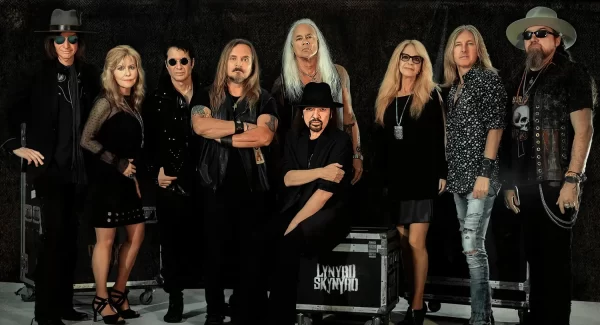From one country to another
For many, America is the land of opportunity. This can be seen in the large waves of people who come here every year. While some have sought religious freedom, others look for economic or educational privileges. The U.S. is an increasingly diverse nation with people from all backgrounds.
Spanish teacher Nelva Fuentes de Vecchis arrived in the United States in 2000, leaving behind her home in Veracruz, Mexico. While she fondly remembers the first time she saw snow, she also opened up about the struggle of moving to a new country.
“I faced discrimination even though I spoke English because people wouldn’t be patient or open up enough to listen. I lived in Philadelphia at first, and there isn’t a large Latino community there. Since I’ve been in North Carolina, I haven’t really faced discrimination because there are a lot of Hispanics here,” Fuentes de Vecchis said.
Junior Alanisse Chavez is originally from Ecuador and arrived in the United States two years ago. While she enjoys the freedom that the U.S. offers, she has experienced her own obstacles.
“My parents can’t find employment, and I think I’ll have issues finding an affordable education when I reach college. The language barriers are also hard,” Chavez said.
Leaving behind family and friends can also be difficult, especially when moving to a new country.
“I was homesick when I first came. I missed my family. I don’t have any Mexican family members here,” Fuentes de Vecchis said.
The culture shock is also something that many people experience when they move to the U.S.
“I miss the food, the places, and the people the most,” Chavez said.
In February, people in dozens of cities across the country joined to protest in a “Day Without Immigrants’. Immigrants refused to go to work, school, and shop while businesses closed for the day, all in response to President Donald Trump’s comments on illegal immigrants and his attempts at deportation.
“Immigrants are the backbone of this country. I think they deserve the same treatment as natural born citizens because we’re all humans, you know?” junior Izzy Rodriguez said.








